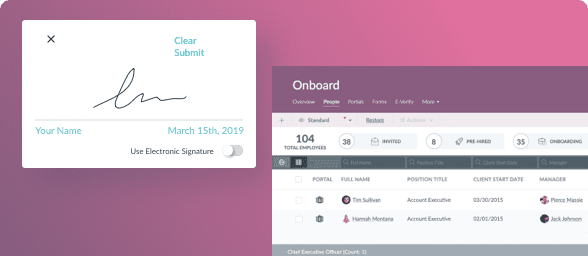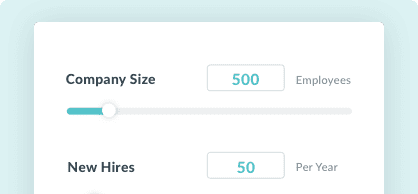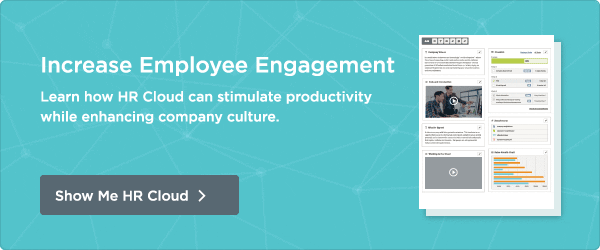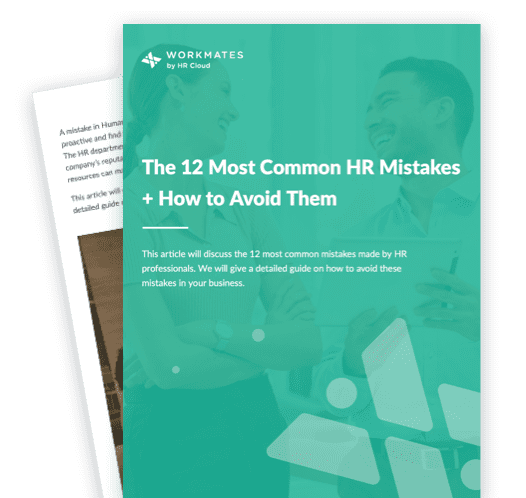Let Us Help You Engage Your Employees!
Onboard New Hires Safely, Efficiently, and Effectively.
Are You Interested in Improving Your HR Organization?
You may find a candidate that looks great on paper to fit your open requisition. The interview may go really well and it looks like you've got yourself the perfect hire. But what about their motivation to succeed? Is the candidate going to get in there and knock it out of the park? How can you be sure you've really made the best hire?
A new study from the University of Iowa suggests that an employee’s personality is a strong motivator of behavior, meaning personality correlates with success. The study noted that “if a worker’s personality doesn't fit the job requirements, he or she will not be motivated by external factors” no matter how big the raise or how severe the consequences are for poor performance.
The Five Factor Model
You may hire the best person for the job, but their personality may dictate something completely different. If the personality doesn't fit, the drive to succeed and meet expectations may not be there. To make sure you've got the right person in the right job, you can develop tools to help you motivate your employees more efficiently. But first, you need to understand what matters to your employee.
The study suggested using the Five Factor Model (FFM) to understand personality traits. This model “captures five broad dimensions of personality that are used to describe human personality: extroversion/introversion, agreeableness, conscientiousness, emotional stability, and openness to experience.” It is believed that if you can define a candidate’s personality, you’ll better be able to match their personality traits to a specific job, leading to a greater personal investment in the work, which of course, leads to a higher rate of success.
Let’s take a closer look at the Five Factor Model by defining the dimensions:
- Extroversion: excitability, assertiveness, and sociability.
- Agreeableness: trust, kindness and affection.
- Conscientiousness: organized, thoughtfulness and goal directed.
- Emotional Stability: cool, calm and collected.
- Openness: imagination and insight.
So for example, if you have a very repetitive job of filing papers all day long in a solitary work space, your extroverted employee will probably grow tired and bored after the first 10 minutes on the job. They may have perfect organization skills, but their personality dictates a different work environment to be successful. On the other hand, you may have an employee that measures low on the "agreeableness" scale meaning you may not want them as part of your new hire orientation, welcoming all of your newbies.
As an employer, you want all the drive and energy harnessed in the right way. Don’t miss out on a higher rate of success by matching your employees to the wrong job. Using the Five Factor Model can help you get a grasp on personality traits and how they may have a positive impact on job performance.
Find out what matters to your candidates, and to your employees. Help your company thrive by matching the right people to the right job. Because when your employees are happy, everyone is happy…and that means your bottom line is smiling.
Keep Reading
Workforce Management through Tech-Based Tools: Streamlining Construction and Roofing Operations
As industries evolve, adopting innovative approaches to workforce management is essential
Skills vs Abilities in the Workplace
Modern-day workplaces are facing many challenges that were not foreseeable a few years






